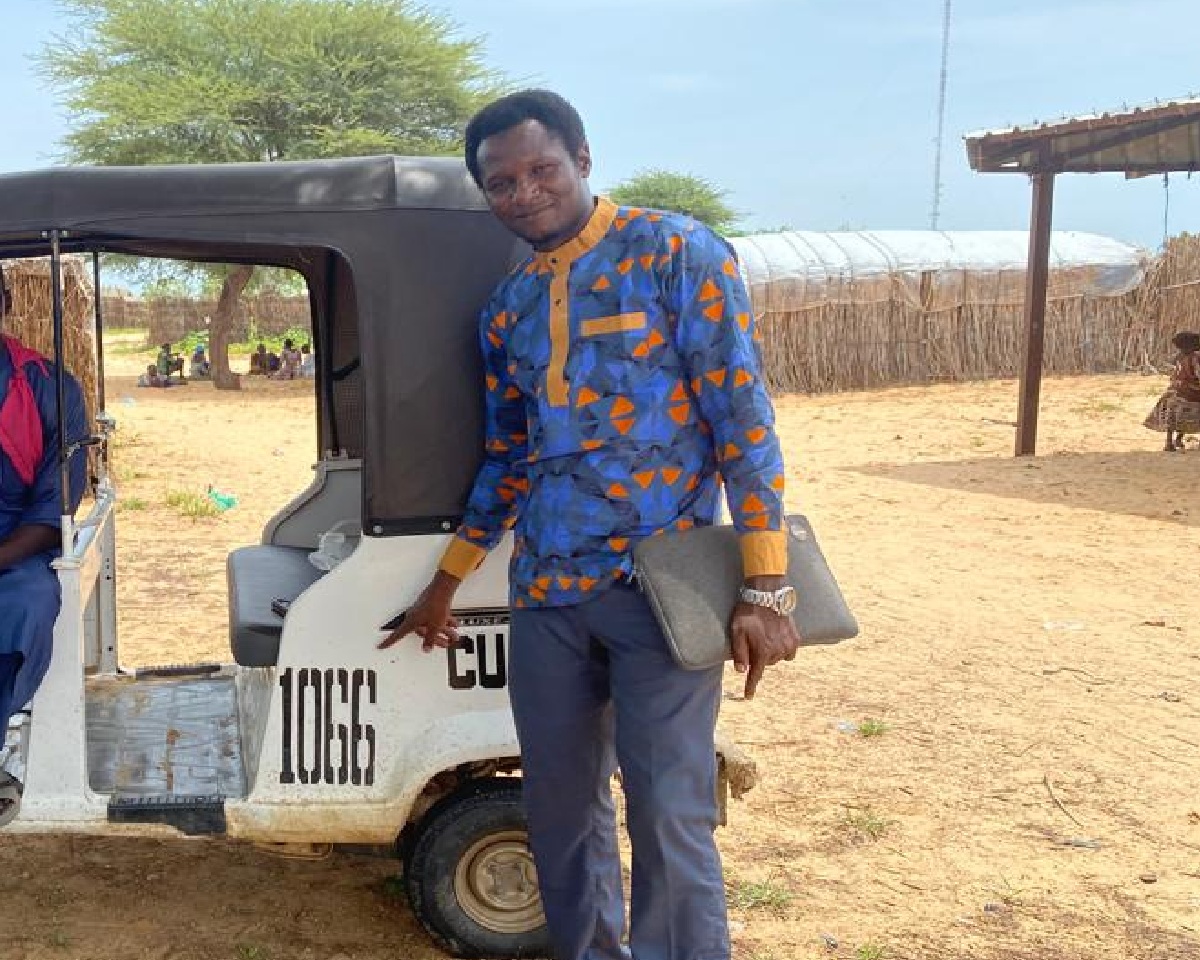We are pleased to introduce Mamane, GCERF’s National Adviser in Niger. With a deep academic grounding in social and political anthropology and years of field experience, Mamane brings invaluable insight into the dynamics of youth, governance, and community resilience.
Mamane holds a PhD in Social and Political Anthropology from the University of Basel and the Centre for African Studies in Switzerland, where his research examined youth, governance, and social dynamics in Niger. Before joining GCERF in June 2022, he worked as an independent consultant and researcher on rural development, youth engagement, and local governance, conducting project evaluations and supporting research and teaching at the University André Salifou of Zinder. He is fluent in French, English, and several Nigerien national languages, including Hausa and Zarma-Songhay.
At GCERF, Mamane plays a pivotal role in advancing efforts to prevent violent extremism and strengthen community resilience. He works closely with civil society organisations, local authorities, and community leaders to design and implement initiatives that address the root causes of radicalisation - such as unemployment, marginalisation, and intercommunal tensions. Through active engagement in national and regional dialogues on violent extremism, Demobilisation, Disarmament and Reintegration (DDR), and social cohesion, Mamane contributes to platforms like GCERF’s Global Action Platform (GAP) on Social Cohesion and the Regional Dialogue Committee for the Sahel.
He also supports local grantees in sharing their experiences and lessons learned, helping to amplify community voices through GCERF’s communication channels and events such as the Geneva Security Debate, where he presented insights on the dynamics of violent extremism and GCERF’s impact in Niger.
“Mai daki shi ya san inda yake masa ruwa (Those living in a room know best where the rainwater leaks),” Mamane says, quoting a Hausa proverb. “This proverb reminds us of the importance of local perspectives: communities must be at the centre of any decision or initiative that affects them.”
